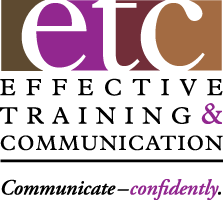Your routine workplace emails might suck if you ignore the reality that every note you send a customer, colleague or manager can project your image of professionalism, competency and courtesy — or detract from it. So, if you don’t want your emails to suck, just avoid these worst practices:
- Not asking if everyone on a large distribution list really needs or wants to see this message.
- Retaining long strings of email addresses that precede your actual message.
- Using an ineffective subject line like ‘Report’ or, even worse, ‘no subject’
